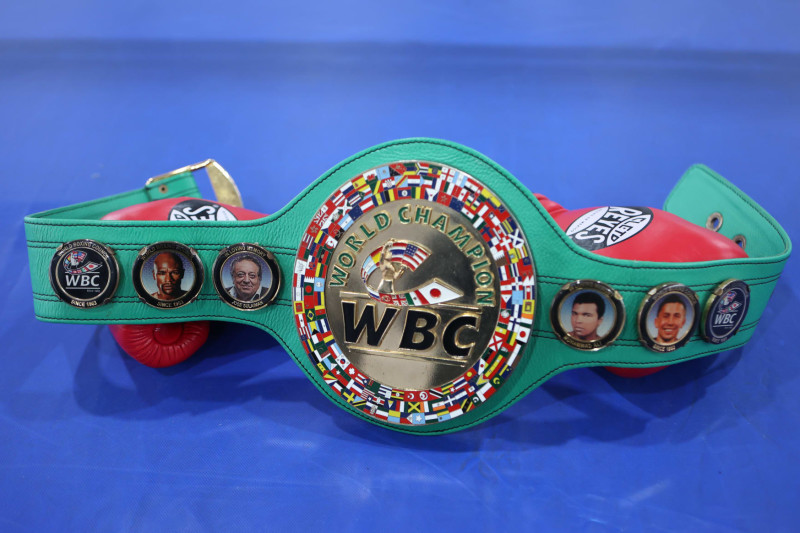The World Boxing Council is planning to launch a new transgender division in 2023.
“We are creating a set of rules and structures so that transgender boxing can take place, as they fully deserve to if they want to box,” WBC Mauricio Sulaiman said to Gareth A. Davies of the Telegraph (via talkSPORT’s Michael Benson).
Sulaiman asserted trans fighters will remain limited in whom they can fight, though.
“Woman to man or man to woman transgender change will never be allowed to fight a different gender by birth,” he said.
In August, the WBC issued a set of guidelines for transgender boxers. The organization said it “firmly and unequivocally supports transgender rights and recognizes the gender identity of an individual athlete.”
The WBC also contended that “there is no consensus whether a bout between a transgender woman against a cisgender (biological) woman is a fair bout between two equally matched competitors”:
“Metric such as testosterone level less than 10 nanomoles per liter (achieved by using testosterone suppression medication in the transgender woman), in isolation is inadequate to ensure fairness at the time of the bout. It can be argued that by the time a transgender woman combatant launches her professional career, she has already gone through male puberty thus conferring her with the musculature and bony structure of a male. So, a transgender woman combatant may have an unfair advantage over her cisgender woman combatant.”
The question of whether transgender women in particular have a physical edge over their cisgender counterparts extends beyond boxing, though the data is far from conclusive.
In November 2021, the International Olympic Committee offered new guidance for individual sporting associations regarding trans athletes.
“No athlete should be precluded from competing or excluded from the competition on the exclusive ground of an unverified, alleged or perceived unfair competitive advantage due to their sex variations, physical appearance and/or transgender status,” the IOC wrote.
The committee added that any restrictions should be implemented only on the strength of “robust and peer-reviewed research.”
The WBC’s approach to transgender boxers follows a similar policy by FINA, which oversees competitive aquatic sports. FINA prohibited transgender swimmers who transitioned after turning 12 from competing in elite women’s races in June. The organization said it planned to create an “open” category that would allow more trans swimmers to race.
Athlete Ally, a group that advocates for LGBTQI+ equality, called the move “discriminatory, harmful, unscientific and not in line with the 2021 IOC principles.”



